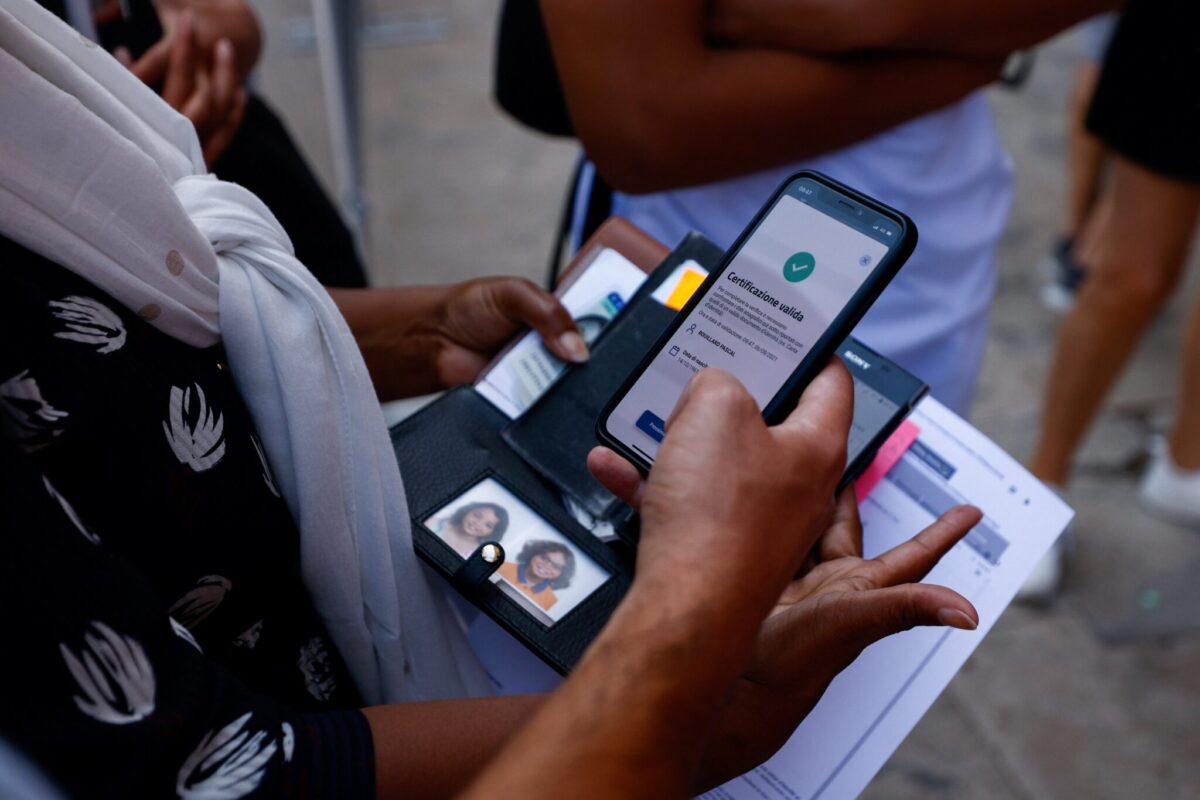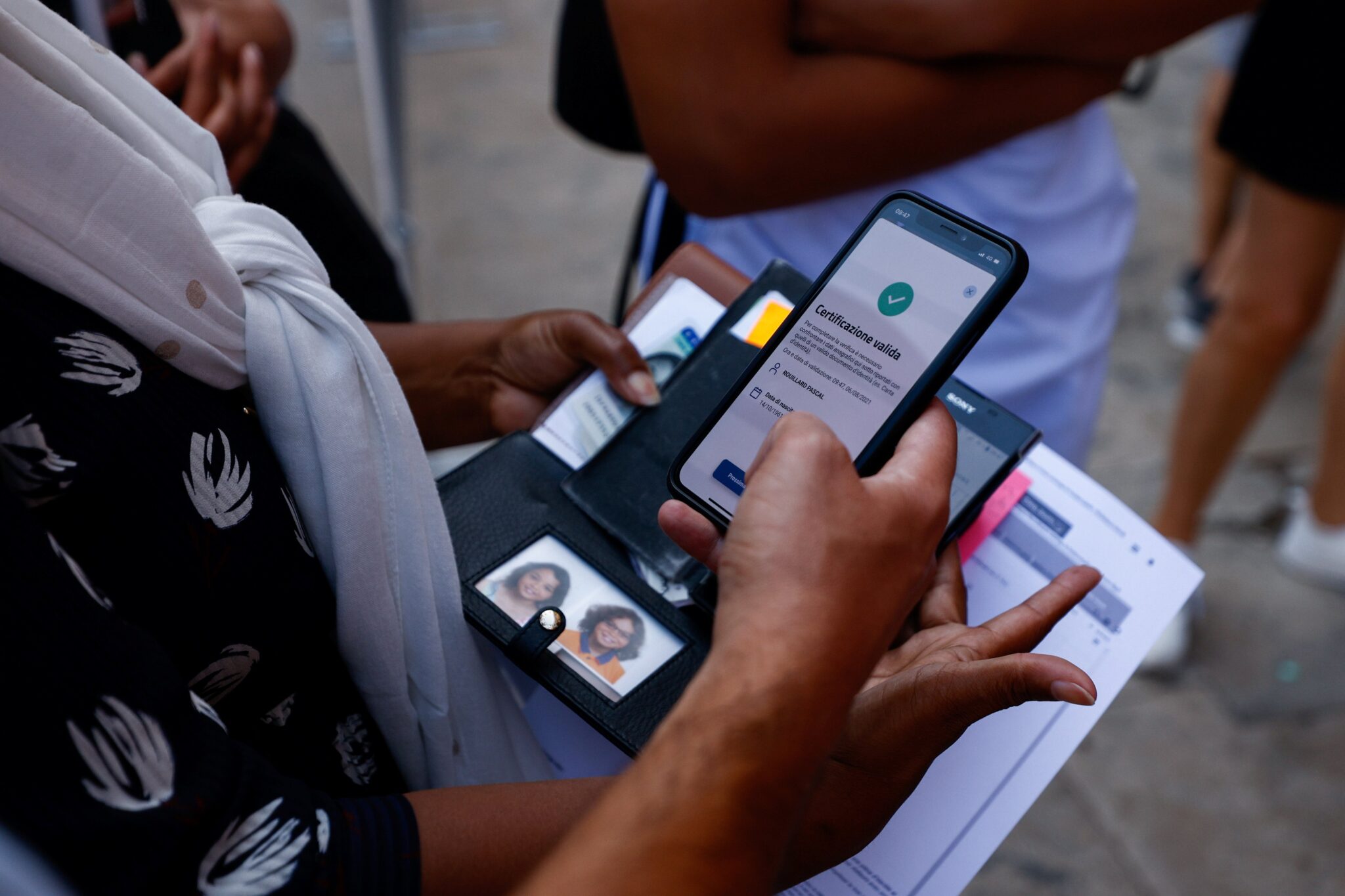Digital transformation of Basic Social Services

Digital transformation of Basic Social Services

Doctoral thesis “The digital transformation of Basic Social Services: a challenge of the present for the future of the social sector”, by the Doctoral Program in Social Work at the University Rovira i Virgili (URV)
(2021-2024)
The digital transformation is one of the great challenges facing the Social Services of Local Administrations today. A transformation necessary to adapt to a rapidly evolving society and an increasingly digitalized citizenry, and which at the same time can act as a lever for other deeper transformations that Social Services also need, such as the personalization of services, empowerment of users, streamlining response times, simplifying administrative processes or having the necessary information for management, planning or prevention.
This is the object of the doctoral thesis “The digital transformation of Social Services: a challenge of the present for the future of the social sector”, which is part of the Doctoral Program in Social Work at the Universitat Rovira i Virgili (URV) and which has been under development since May 2021 in collaboration with the iSocial Foundation.
The Covid-19 crisis has accelerated the processes of digital transformation of all sectors of society, and in Social Services it has become more evident that it is an unstoppable, dynamic transformation and not without fears, difficulties and even contradictions. A transformation that must contribute to advancing the sector in the strategic changes it needs: person-centered and data-oriented intervention models, the personalization of services, administrative simplification, or the homogenization of processes, among others.
The Social Services of the territory must be the protagonists of their particular change, and through this doctoral thesis the URV and the iSocial foundation offer to the Basic Areas the opportunity to analyze how to face this transformation, and to do so taking into account all the agents involved in the fivefold helix: administrations, private sector, world of research, civil society, and territorial environment.
Objectives
- Detect and analyze the needs of professionals, users, public and private organizations and technological agents, in the process of digitizing the Social Services of local administrations to advance in the strategic transformations that the sector needs.
- Establish workspaces with the different agents of the quintuple helix (research centers, administrations, companies/third sector, users and territorial environment), to co-devise improvements and solutions that help the digitization of municipal and county Social Services from a local and global perspective.
- Identify the organizational, professional and ethical challenges that this process of digital transformation entails, and provide elements of reflection and recommendations for managing this change in local Social Services teams.
Expected results
Research is expected to have a significant impact at the social level (on people cared for by Social Services), organizational (on professionals and teams in the Basic Areas of Social Services), systemic (both for the Social Services system and for to others who interact with it), economic (from the perspective of efficiency) and scientific (providing evidence in an emerging field about which there is still little knowledge). For this reason, research has a high transformative potential on the Social Services sector in Catalonia and also at an international level, given its transversal nature both from the individual perspective of the people using the services (models of personal care), as a collective (care-organizational model).
Partners:


Projectes de recerca






